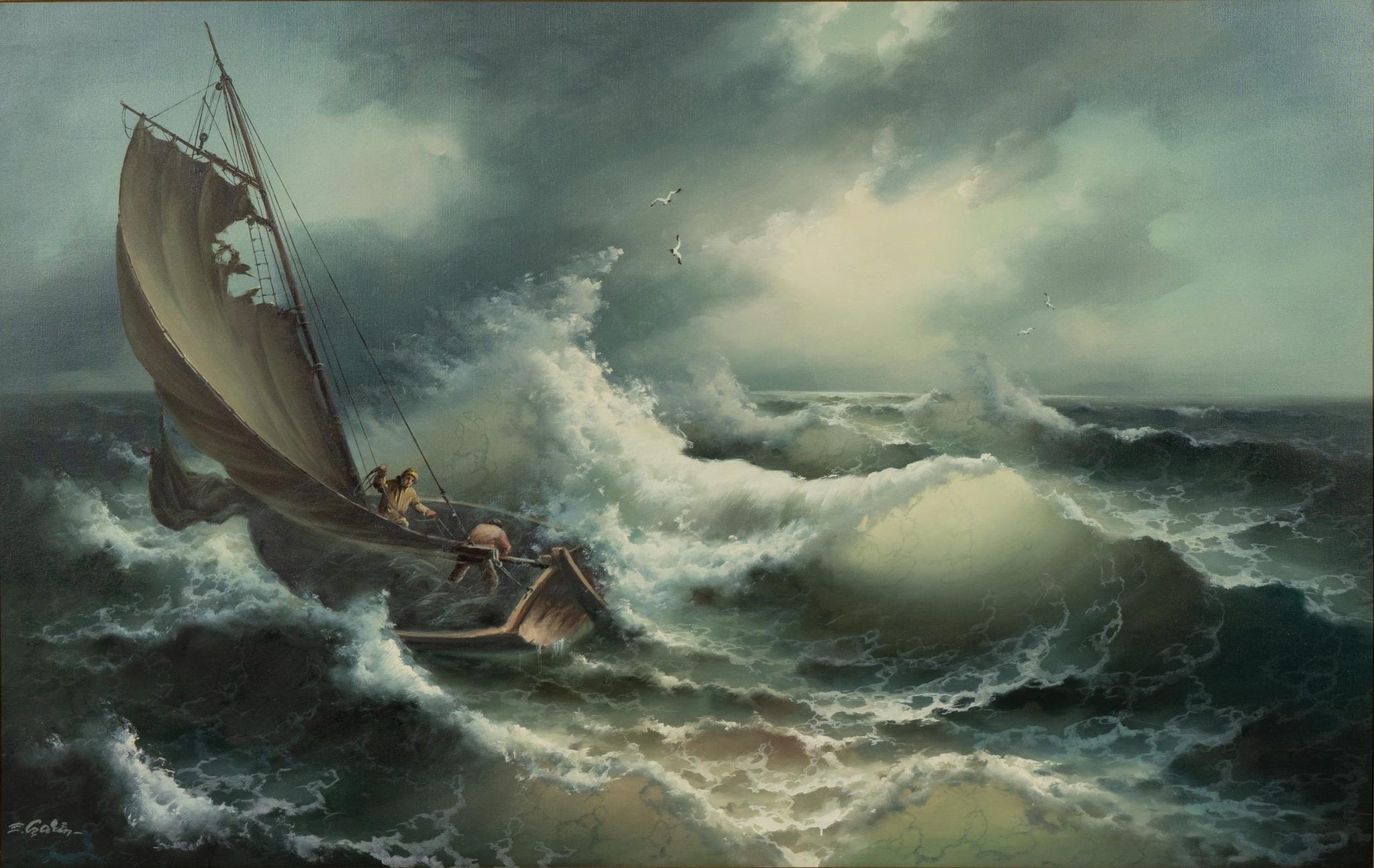
Navigating the Living Singularity of Being
This is a third essay in this series, one that turns directly toward the question of how to understand our experience of life, who we are within it, and how to accept the nature of things.
Every living being carries a deep instinct to survive and to nourish its own uniqueness into flourishing. We see this in the smallest seedling stretching toward light, in the animal shielding its young, in ourselves as we seek food, shelter, belonging, and meaning. Yet at the same time we are not permanent fixtures of the world. We are temporary manifestations, like clouds that take shape for a while, drift, and then dissolve back into the greater sky. To realize this is not to despair, but to adjust our sense of agency. We can only expect so much power over things. And yet, there is a counterweight: the faith that our whole experience takes place within a vast living singularity of Being, one that is experiencing itself through the countless instruments of living beings of which we are each one. That is our function: to be living instruments of awareness for the greater Whole.
If this is so, then perhaps the highest calling we each have is to keep ourselves well tuned. To live clearly. To allow life to resonate through us with fidelity. To follow the deepest intuitions of the heart, for that is where we sense our belonging to the livingness of being. Such a life requires discipline. A stoic, almost spartan attitude toward the ego, which is forever gathering barnacles of fear, despair, arrogance, or self-righteousness. To stay “ship shape,” as sailors say, is to keep scraping off these accumulations so that the vessel can move freely and not to weight our ship down with too much cargo.
Life is an adventure, and we are each invited to be the hero of our own story in our own way. Others are not competitors in this odyssey, but companions. Each person, each creature, is a version of ourselves, another vessel navigating the same waters. To see this is to travel with hospitality rather than hostility, even when storms or disasters strike.
What, then, is our task? It is to learn to approach life as a great voyage. We must learn to steer through storms and past treacherous coastlines, to repair the ship after disaster, to draw lessons from the mistakes and victories alike. We must map the trails, keep a captain’s log, mark the star dates of our journey. In doing so, we become not only voyagers but cartographers of the human spirit, leaving a record of the wisdom we have gathered for those who come after us.



Thank you again for a well thought out/written essay. It's so important that when we clean up the mess after a storm of sorts, that it's really a constant effort to continue that maintenance or else the buildup of crap can grow even larger; and to be aware daily of how to be better, evolved, and recognize when we slip up, that mindfulness can be done without getting neurotic about it to the point of anxiety or self harm. Balance. Not always easy to do/have but the path is there if we take that first step.